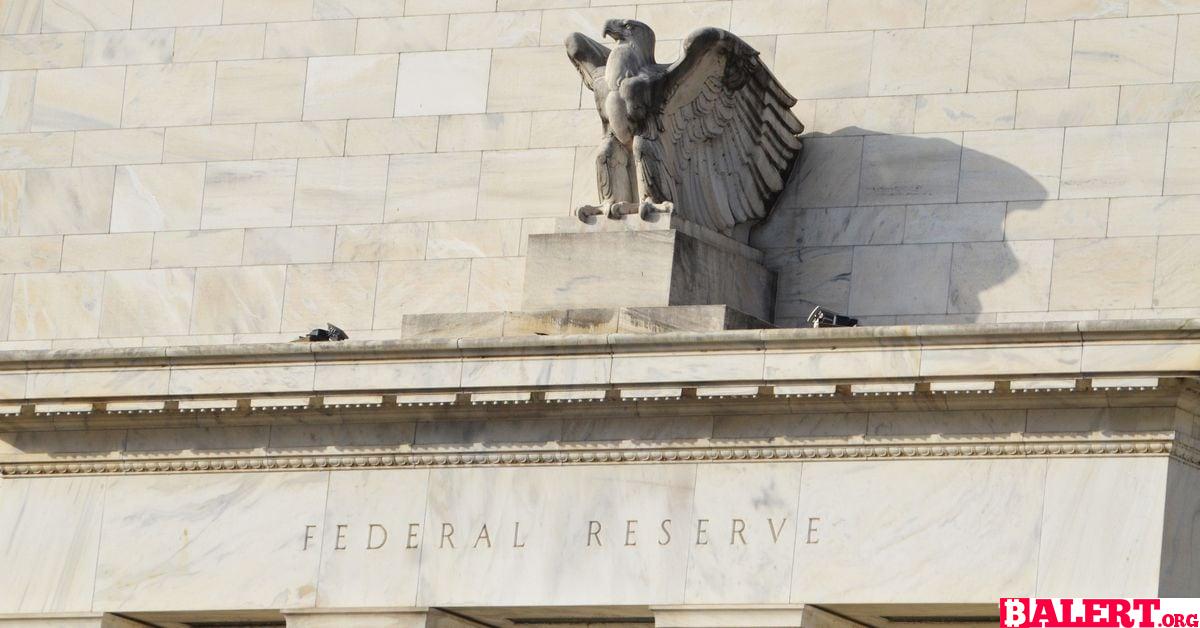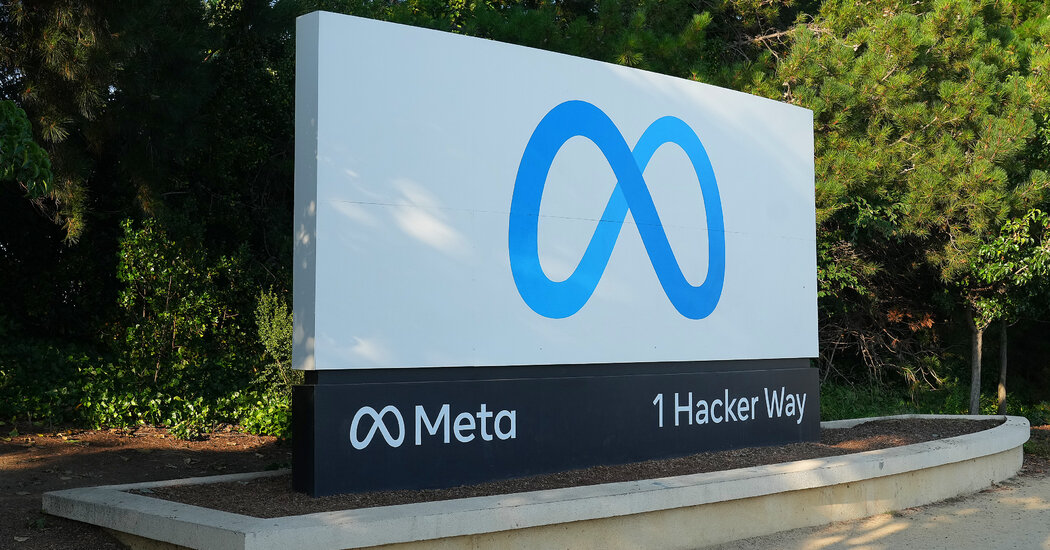Business
Rising Credit Card Debt and Financial Strain on American Consumers
Explore the alarming rise of credit card debt among American consumers and its impact on financial health. Understand the factors contributing to this trend and discover strategies to manage debt effectively.

Rising Credit Card Debt and Banking Costs Strain American Consumers
In recent times, Americans are grappling with an alarming increase in credit card debt and other forms of loans. Alongside this, consumers are facing higher costs for essential banking services, including A.T.M. withdrawals, according to recent financial research.
A report released this month by the Financial Health Network, a nonprofit organization dedicated to promoting financial stability, reveals that interest rates and fees on credit card accounts with outstanding balances have surged by approximately 25 percent in 2023 compared to the previous year. Furthermore, a staggering 42 percent of households carrying credit card balances reported that their overall debt levels were “unmanageable,” a notable increase from 38 percent in 2022.
“The uptick raises significant warning signs in our minds,” stated Hannah Gdalman, the Financial Health Network’s manager of financial services solutions. The data indicates a growing number of borrowers are struggling to keep up with credit card payments, particularly among those who have reached their spending limits. According to the Federal Reserve Bank of New York, the average interest rate on credit cards that charge interest is now nearly 23 percent, which can lead to rapidly escalating balances.
Consumers are increasingly finding it difficult to manage payments not just on credit cards but also on car loans, student loans, and other installment loans. The Financial Health Network’s findings highlight that individuals categorized as “financially vulnerable”—those who report challenges in paying bills on time, saving for emergencies, and managing debt—represent a disproportionate share of the spending on interest and fees associated with credit products. This analysis, published annually, relies on public data and a nationally representative survey of consumers.
In a related development, the National Foundation for Credit Counseling, a nonprofit organization that assists individuals in managing credit card and other unsecured debts, has reported an increase in financial distress among consumers, based on insights from its counseling centers. The foundation’s latest stress forecast, which serves as an index to predict the likelihood of individuals making their loan and credit card payments, showed a decline since the end of last year, indicating a brief period of increased consumer confidence. However, it is projected to rise by about 10 percent in the third quarter.
Bruce McClary, a spokesperson for the foundation, emphasized that while inflation has moderated, prices for essential goods remain elevated. This situation has compelled many financially strained consumers to rely on credit to meet their daily needs. “People still struggle,” he remarked.
Business
Bhutan’s Strategic Investment in Bitcoin: A New Era for the Himalayan Kingdom
Explore how Bhutan is embracing Bitcoin as a strategic investment, marking a transformative shift for the Himalayan kingdom. Discover the implications of this move on its economy, sustainability, and future in the digital age.

Buddhist Kingdom’s Bold Move into Bitcoin
A stunning landlocked nation nestled between India and China, Bhutan has made headlines by accumulating significant bitcoin (BTC) holdings totaling over $780 million in recent years. This amount represents nearly one-third of the country’s gross domestic product (GDP), positioning Bhutan as the holder of the fourth-largest state-owned stash of BTC, as revealed by the on-chain analytics tool Arkham.
Known for its unique approach to governance, Bhutan emphasizes the happiness of its fewer than 900,000 citizens as a more meaningful metric of well-being than traditional economic indicators. This Himalayan kingdom has become the second nation, following El Salvador, to officially embrace BTC as part of its national strategy, incorporating it into the state-owned Druk Holdings fund.
According to Arkham, Bhutan has established bitcoin mining facilities across various locations, with the most significant operation situated on the site of the now-defunct Education City project. Unlike many governments that acquire BTC through asset seizures related to law enforcement, Bhutan’s holdings have originated from extensive bitcoin mining activities, which have seen a remarkable increase since early 2023.
These mining operations are likely connected to Bitdeer (BTDR), a prominent player in the cryptocurrency mining sector. In 2023, the Singapore-based firm announced its collaboration with the Bhutanese government to develop cryptocurrency mining operations in Southeast Asia, successfully raising over $500 million for this ambitious venture. Following this announcement, Bitdeer disclosed that it had completed the first phase of a 100 megawatt (MW) mining facility.
Looking ahead, Bitdeer announced plans to expand Bhutan’s mining capacity to a staggering 600 MW by 2025, reflecting the growing significance of this initiative.
Despite its small geographic size, even smaller than Switzerland, Bhutan faces challenges such as limited economic diversification and an underdeveloped private sector. The nation primarily relies on sectors like hydropower, tourism, and agriculture to generate revenue. In 2022, Bhutan’s GDP was recorded at just under $3 billion, approximately half that of the Maldives.
To bolster its economy, Druk Holdings is exploring opportunities across various sectors. The organization’s website highlights “digital assets” as a key focus area in its technology-driven investment strategy, which also includes projects in hydropower and emerging digital realms like the metaverse.
Recent activities in the Druk wallets, as monitored by Arkham, indicate a flurry of deposit and withdrawal transactions in recent weeks. The fund has received multiple deposits of up to 2 BTC from Foundry, another mining entity, as well as from other unidentified bitcoin addresses during the past week. Additionally, Druk Holdings has periodically transferred bitcoin to various addresses, including crypto exchanges. One notable transaction from early July involved a transfer of over $25 million worth of BTC sent to the crypto exchange Kraken, suggesting that it was likely sold to capitalize on market conditions.
Business
Bitcoin and Crypto Markets React to Anticipated Federal Rate Cuts
Explore how Bitcoin and cryptocurrency markets are responding to the anticipated Federal rate cuts. Discover the implications for investors and the broader financial landscape in this insightful analysis.

Bitcoin and Crypto Markets Await Federal Rate Cuts
Bitcoin (BTC) and the broader cryptocurrency markets have seen minimal fluctuations over the past 24 hours as traders remain cautious ahead of the upcoming Federal Open Market Committee (FOMC) meeting on Wednesday. This meeting is particularly significant, as officials are anticipated to announce the first interest rate cuts in four years. Currently, Bitcoin is trading just below $58,500, specifically at $58,480, reflecting a relatively stable performance. The CoinDesk 20 (CD20), a benchmark for the largest digital assets, has experienced a slight increase, trading above the 1,800 mark.
In terms of daily activity, inflows into Bitcoin exchange-traded funds (ETFs) have amounted to $12.9 million, with a substantial portion directed towards BlackRock’s IBIT. Analysts widely expect the Fed to unveil a rate cut on September 18, signaling the beginning of a potential easing cycle that has historically provided support for risk assets, including Bitcoin.
As of Tuesday morning in Asia, the 30-Day Fed Funds futures prices indicate that traders perceive a 67% likelihood of a significant 50 basis points rate cut, bringing the target range to 4.7%-5%. This is an increase from Monday’s implied probability of 50% and a notable rise from the 25% probability reported a month ago. On Polymarket, traders are assigning a 57% chance of a decrease exceeding 50 basis points, alongside a 41% chance of a 25 basis points cut.
Meanwhile, the overall market remains relatively stable. Noteworthy movements have been observed, such as XRP rising by 3.5%, SUI increasing by 2.5%, and Fantom’s FTM surging by 10.5%, buoyed by positive market sentiment surrounding its forthcoming rebranding to Sonic.
Trump’s World Liberty Financial to Introduce WLFI Token
In other news, the team behind World Liberty Financial, a project receiving endorsement from former President Donald Trump and his family, has announced the launch of a governance token. However, it is crucial to note that this token will only be available to accredited U.S. investors. During a livestream that lasted over two hours, the team highlighted that the token is intended for governance participation rather than for economic profit and did not disclose a specific launch date during the X Spaces stream.
Throughout the livestream, Trump himself did not specifically mention the token or provide an endorsement. Instead, he reiterated his general views on cryptocurrency policy, much of which echoed his previous public statements, including those made at the recent Bitcoin Conference held in Nashville.
Figure Markets Launches Exchange with Real Estate-Backed Yields
In a groundbreaking development within the crypto space, Figure Markets has announced the launch of its exchange, coinciding with the Token2049 event in Singapore. Founded by Mike Cagney, a co-founder of SoFi, Figure Markets introduces an innovative method for generating yields for users who store their cryptocurrency on the platform.
According to a recent release, Figure Markets claims it can offer returns of up to 8% for non-USD and stablecoin balances. This is achieved by leveraging a fund backed by real-world assets, particularly home equity loans. The operational model involves traders depositing their funds into Figure Markets, which are then pooled and lent to Figure Technologies for the issuance of secured home equity loans. The interest paid by borrowers on these loans creates a spread that not only covers operational costs but also provides returns to investors. These investors benefit from dual recourse protections, daily liquidity, and interest payments that accrue based on the duration of their investments.
While Real World Assets (RWAs) are progressively becoming a noteworthy aspect of the cryptocurrency industry, there are still very few applications that seek to derive yield from these assets to support their operations. Prior to the launch of Figure in 2023, Cagney had withdrawn the company’s bid for a U.S. federal bank charter amid regulatory scrutiny, opting instead to pursue partnerships with established banks.
Business
Meta Bans Russian Media Outlets Amid Disinformation Concerns
In response to rising disinformation concerns, Meta has imposed bans on several Russian media outlets. This decision highlights the ongoing battle against misinformation and the platform’s commitment to ensuring accurate information for its users.

Meta Takes Strong Action Against Russian Media Outlets
On Monday, Meta announced a significant initiative to prohibit Russian media outlets, including the state-funded television network RT, from utilizing its platforms. This decision comes in light of ongoing scrutiny in the United States regarding these outlets’ involvement in covert influence campaigns designed to manipulate online discourse across various social media platforms.
Meta, the parent company of popular applications such as Facebook, Instagram, and WhatsApp, stated that the ban would be implemented in the coming days. This decisive action marks an escalation in the ongoing efforts to combat Russian state media actors, which U.S. intelligence officials have identified as key players in disinformation operations that span the globe, infiltrating the world’s largest social networking sites.
In a formal statement, Meta expressed, “After thorough consideration, we have expanded our current enforcement measures against Russian state media outlets. Rossiya Segodnya, RT, and other related entities are now prohibited from our applications worldwide due to their involvement in foreign interference activities.”
Recently, U.S. authorities have tightened their grip on RT, particularly for its attempts to meddle in the upcoming presidential election scheduled for November. On Friday, the United States, in conjunction with Canada and Britain, accused RT of functioning as a conduit for Russian intelligence agencies. They announced new sanctions aimed at curtailing international funding sources that support disinformation campaigns globally.
This crackdown follows the federal indictment of two RT employees, who allegedly funneled at least $9.7 million to finance American podcasters on Tenet Media, a video-streaming service based in Tennessee. The goal was to amplify the Kremlin’s propaganda and undermine the integrity of the American democratic process.
Secretary of State Antony J. Blinken emphasized the broader implications of these tactics, stating, “We’re revealing how Russia employs similar strategies globally.” He further noted, “The Russian weaponization of disinformation to destabilize and polarize free and open societies is a challenge that impacts every corner of the world.”
-

 Business7 months ago
Business7 months agoThe Significance of Jackson Hole: A Central Banking Tradition
-

 Tech6 months ago
Tech6 months agoNew Leaks and Features About the Samsung Galaxy S25 Ultra
-

 Article9 months ago
Article9 months agoCreative Design Applications Developed with Artificial Intelligence
-

 Business6 months ago
Business6 months agoBhutan’s Strategic Investment in Bitcoin: A New Era for the Himalayan Kingdom
-

 Business8 months ago
Business8 months agoObituary: Dan Collins
-

 World6 months ago
World6 months agoThierry Breton Resigns: Impact on European Union Leadership
-

 Gaming6 months ago
Gaming6 months agoNew Details and Trailer Released for Dead Rising Deluxe Remaster
-

 Gaming6 months ago
Gaming6 months agoNew Details for Alan Wake 2 and PlayStation 5 Pro Announcement












